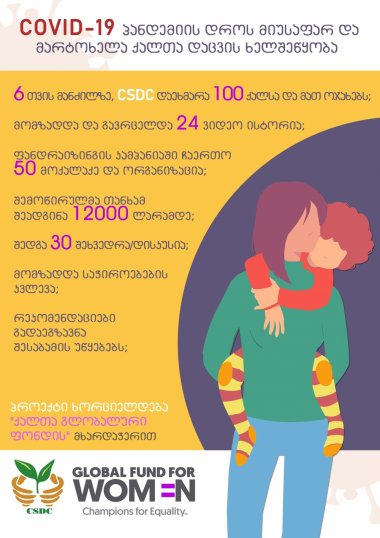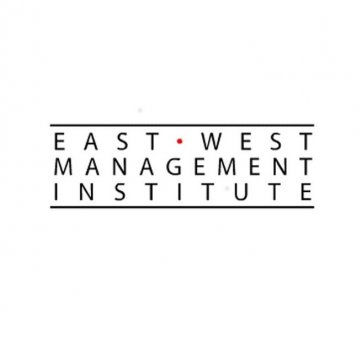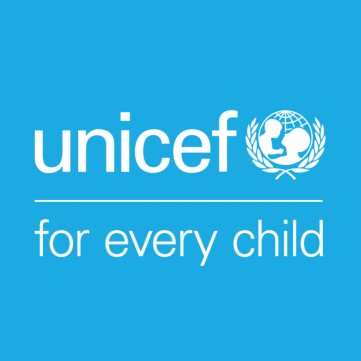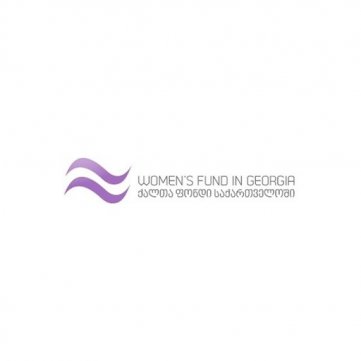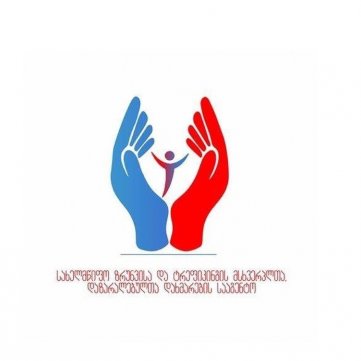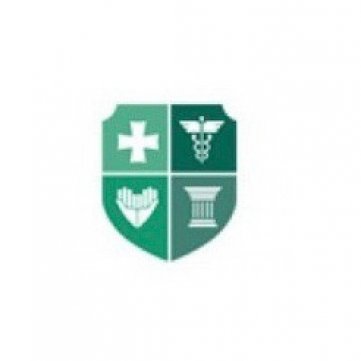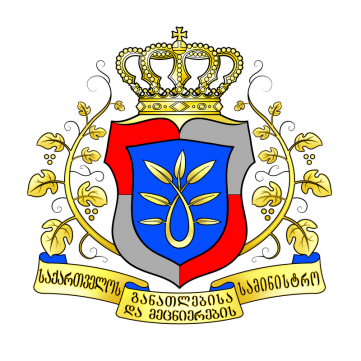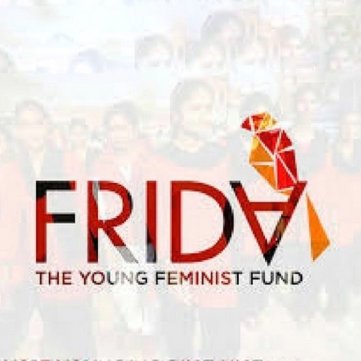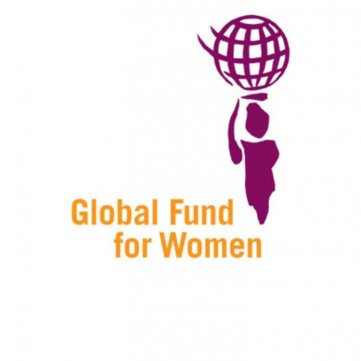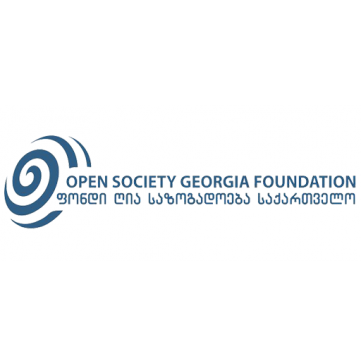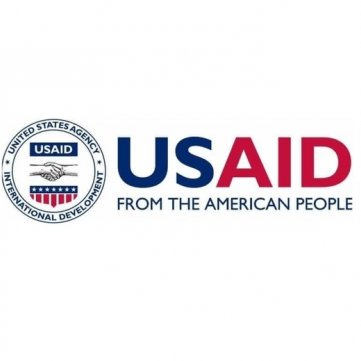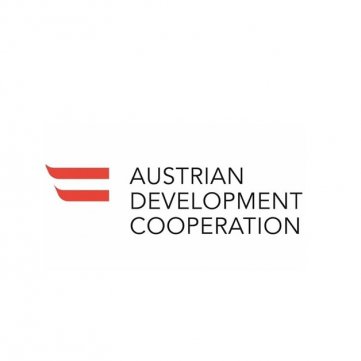The name of CSDC itself reflects our focus on the development of civil society and our main motivation is to promote socio-economic changes that have started in Georgia over the last twenty years.
Pandemic-related events have recently become a major challenge in the country, and in these circumstances, promoting the protection of homeless and single women is crucial. In 2020, we launched a project "Promoting the protection of homeless and single women with many children during COVID-19". Within the project we conducted research.
In a pandemic, the most important values for humankind are health and life, and COVID 19 has done the most damage to vulnerable groups in this regard. All this is worsened by the economic problems caused by the pandemic in the country. Rates of poverty and unemployment have increased as well.
The following challenges were identified:
• How the COVID-19 pandemic has affected the financial situation of single, homeless and/or women with many children;
• What employment-related barriers the COVID-19 pandemic posed to single, homeless women and/or women with many children;
• How the COVID-19 pandemic has affected the relationship between family members;
• How the COVID-19 pandemic has affected the nutrition of single, homeless women and/or women with large families.
• How the COVID-19 pandemic has affected the self-care of single, homeless women and/or women with many children;
• What new barriers have been created by the COVID-19 pandemic in terms of access to health and psychological services for single, homeless women and/or women with many children;
• How effective the assistance received from the government agencies and other institutions are during the COVID-19 pandemic for single, homeless women and/or women with many children.
The majority of respondents of the quantitative survey (63%) are single mothers. 94% of respondents do not live in their own homes. 75% of respondents are unemployed and only a small portion is self-employed. Based on the data, we can conclude that the COVID-19 pandemic had a negative impact on the financial situation of single, homeless, and/or women with many children: income fell sharply, pensions and social benefits became the main source of income. COVID-19 affected a number of aspects, including relationships between family members, the quality of distance learning, food ratio, self-care and hygiene, access to health care and psychological services. Therefore, our project has identified several goals that we are trying to achieve through joint efforts, some of them are:
• making it more flexible to acquire the status of single mothers;
• Offering a variety of food vouchers for single, homeless and/or women with many children or their children;
• Returning or taking women to the labor market, and promoting their professional development;
• Assisting and ensuring the full involvement of children who do not have the technical ability to be involved in distance learning.
· Providing psychological consulting services to homeless, single and/or women with many children so they are mentally healthy and empowered.
The project identified the needs of more than 100 women; we surveyed them door-to-door and provided them with basic necessities. We filmed 24 documentary videos that were spread on the Internet. We also took a social video clip that was on First Channel for 1 month. We started the social campaign "Get Involved and Engage" which was supported by a certain part of the society. More than 13,000 GEL was raised through donations.
The campaign "Get Involved and Engage" continues and anyone with the desire can join.

